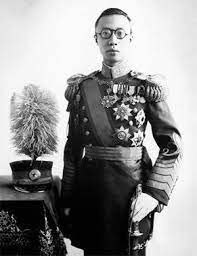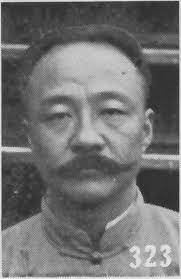Ch'in Pang-hsien (1907-8 April 1946), one of the Russian-trained intellectuals known as the 28 Bolsheviks, was the general secretary of the Chinese Communist party (1932-34). From 1936 to 1946 he served as a liaison officer in negotiations with the National Government. He also headed the New China News Agency (1941-45) and edited the official Communist […]












